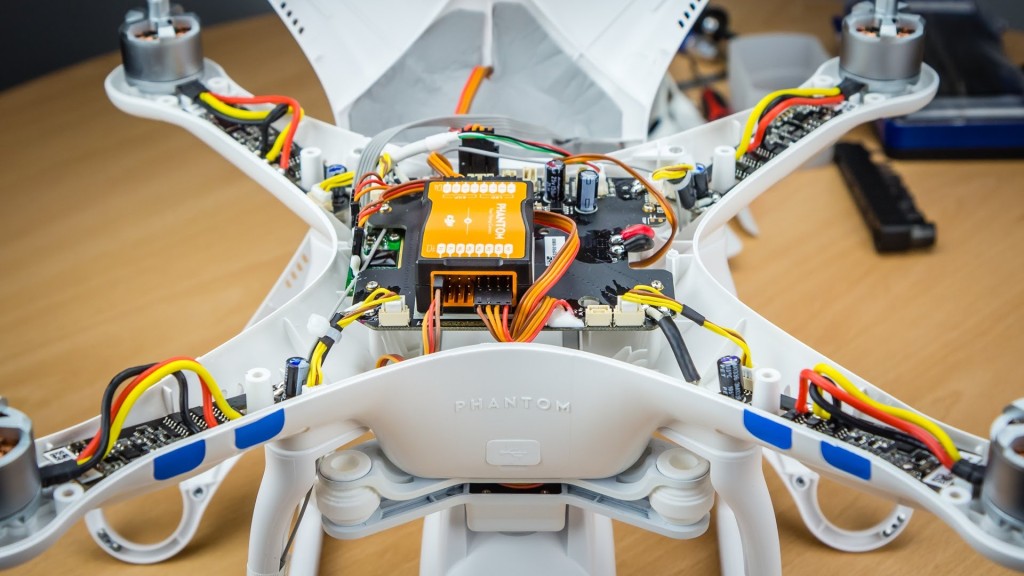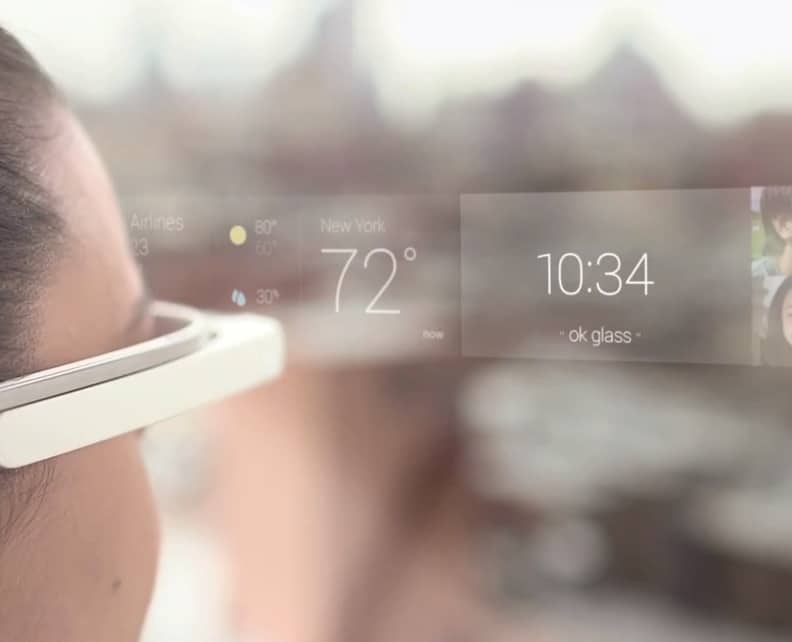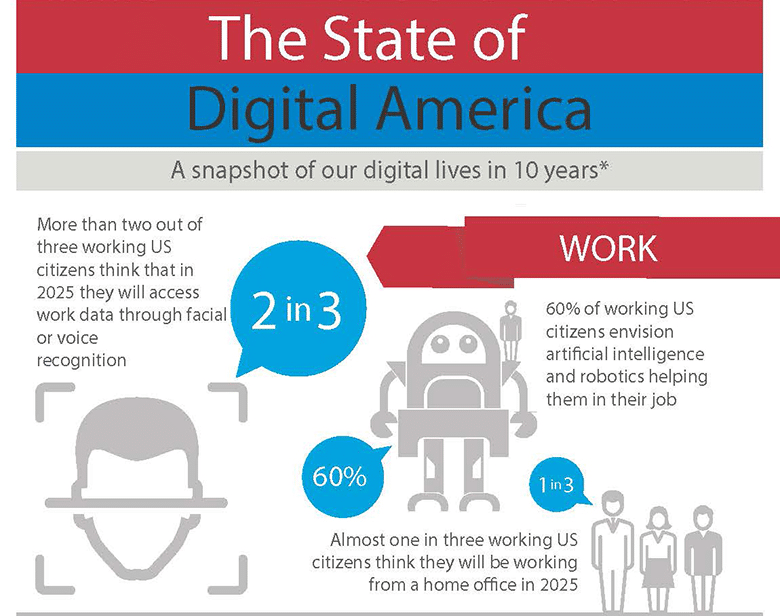In-brief: The Federal Trade Commission announced this week that it is creating a new Office of Technology Research and Investigation to expand the FTC’s research into areas such as privacy, data security, connected cars, smart homes, algorithmic transparency, emerging payment methods, big data, and the Internet of Things.
cameras
Update: White House Drone Debacle Raises IoT Governance Questions
In-brief: Unmanned aerial vehicles manufactured by the Chinese firm DJI will be blocked from flying over the U.S. Capitol according to a statement by the company. The move raises important questions about the role that connected device makers will play in determining how, when and where customers use their products. (Update adds commentary from Justin Davis of Dronecamps.com – PFR Jan 29, 2015 17:30)
Wearable Cameras Birth A New Biometric
Wearable technology is a burgeoning category, and products like Google Glass and smart watches are just the beginning. As with mobile phones, on-board cameras are sure to be de rigueur. But, as this article over at The Verge notes, those cameras will present new challenges (for privacy) and new opportunities (for security). Specifically: cameras coupled with your body seem to create new kinds of opportunities to uniquely identify you. One example: gait biometrics. The Verge notes recent research published by Professor Shmuel Peleg and Yedid Hoshen of the Hebrew University of Jerusalem. Those researchers created a way to identify first-person filmmakers based on the signature wobble of their cameras. The identity of the user can be determined “quite reliably from a few seconds of video,” the researchers write in their paper. [Interested in biometrics and wearables? Check out our article “Are Wearables the Future of Authentication?“] “The idea of distinguishing one person from […]
Europol Warns of Internet of Things Risk
In a newly released report, Europol’s European Cybercrime Center (EC3) warns that the growth of the Internet of Things (IoT) threatens to strengthen the hand of organized cyber criminal groups and make life much more difficult for police and governments that wish to pursue them. EC3’s latest Internet Organized Crime Threat Assessment (iOCTA) says the “Internet of Everything” will greatly complicate the work of law enforcement creating “new opportunities for everything from cyber criminals to state actors to child abusers. The growing numbers of connected devices will greatly expand the “attack surface” available for cyber criminal activity, the EC3 warns. Cyber criminals may co-opt connected devices for use in common criminal activity (like denial of service attacks and spam campaigns). However, advancements like connected (“smart”) vehicles and infrastructure create openings for large scale and disruptive attacks. The report, which was published late last months, is a high level position paper and pulls data mostly […]
Consumers Embrace IoT And Wearables, Worry About Security Consequences
A new survey of consumer attitudes and expectations about technology finds that a strong majority of Americans expect wearable technology and biometric security to be common within the next decade. The survey, sponsored by the security company McAfee, asked 1,500 U.S. consumers about lifestyle and technology trends in the home and workplace. The results suggest that consumers are already adjusting their expectations about the future to include pervasive connectivity, a wealth of intelligent devices – and some of the problems that come with both. More than 60% of those surveyed by McAfee said they anticipate having connected appliances like refrigerators that will “automatically add food to a running grocery list if the product is running low.” A strong majority of those polled – 84% – said they were convinced their home security systems will be connected to their mobile device. “As technology, especially the Internet of Things, continues to rapidly advance and […]





